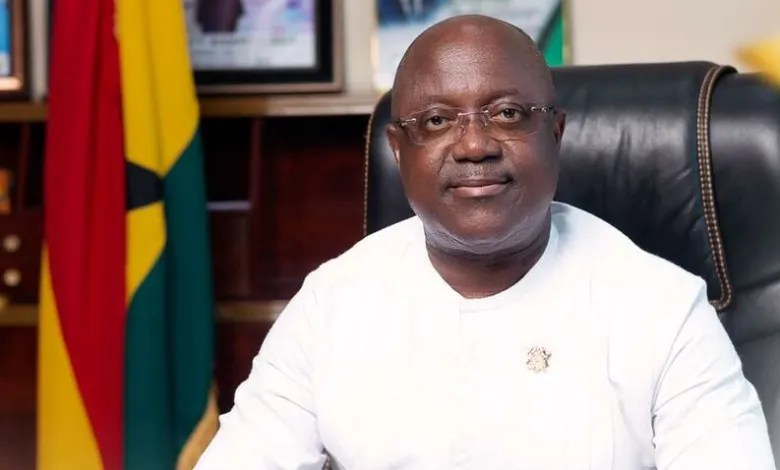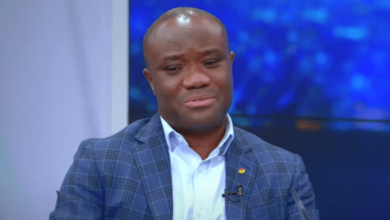Ghana’s mining laws undermine local rights

Criminologist and legal expert Professor Ken Attafuah has criticised Ghana’s mining laws for prioritising economic gains over the protection of communities and the environment.
He argued that the country’s legal framework has consistently advanced state interests while sidelining the rights of those most affected by mining activities.
“We have done well in enacting laws that serve the state’s economic ambitions,” Prof. Attafuah said during a discussion on the Asaase Breakfast Show.
“But those same laws have undermined the rights of local communities and weakened accountability.”
His comments reinforced earlier points made by Kwaku Afari, Technical Director of WACAM, who blamed Ghana’s worsening environmental degradation on what he described as “promotional” mining laws.
“The law makes provision for mining companies to impound, convey and divert water from rivers and streams. So what we are seeing now, the destruction of our water bodies—is something we legally called for,” Afari noted.
Prof. Attafuah warned that the cumulative effect of these laws has created a system where communities bear the brunt of mining’s negative consequences while the state focuses on revenue generation.
“The cumulative effect of all our laws is what we see today,” he said. “We’ve advanced economic policies without giving sufficient thought to the people who live where these minerals are found.”
He commended WACAM for its long-standing efforts to highlight the human and environmental costs of exploitative mining practices and called for comprehensive reforms.
According to him, Ghana must move beyond economic considerations and adopt a legal framework that ensures accountability and community involvement.
“We need a more holistic approach to mining reform—one that prioritises community participation, human rights, and environmental sustainability,” he emphasised.
Afari had earlier highlighted that with over 7,000 mineral licences and limited regulatory capacity, the Minerals Commission is unable to adequately monitor mining activities.
“How can the Minerals Commission with just about 50 offices regulate and monitor these activities? We are making the situation worse by focusing only on revenue while ignoring the social and environmental costs,” he said.





